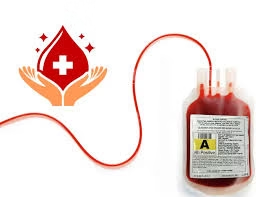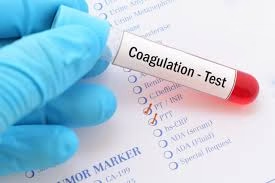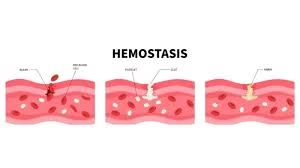
Introduction Whole blood contains: Red Blood Cells (RBCs) White Blood Cells (WBCs) Platelets Plasma (with clotting factors, proteins, electrolytes) Modern transfusion practice follows the principle: “Give only what the patient Read More ……..
Simplifying Allied Health Learning.

Introduction Whole blood contains: Red Blood Cells (RBCs) White Blood Cells (WBCs) Platelets Plasma (with clotting factors, proteins, electrolytes) Modern transfusion practice follows the principle: “Give only what the patient Read More ……..

Introduction Quantitative assays of coagulation factors play a vital role in the diagnosis, classification, and management of bleeding disorders. These assays are designed to measure the concentration or functional activity Read More ……..

Introduction Screening coagulation tests are initial laboratory investigations used to assess the hemostatic system. These tests help in the early detection of bleeding and clotting disorders. They evaluate the integrity Read More ……..

Introduction Hemostasis is the physiological process that prevents excessive blood loss following injury to a blood vessel. It maintains a delicate balance between clot formation and blood fluidity in the Read More ……..

Introduction Compatibility test in blood transfusion, also called crossmatching, is a pre-transfusion laboratory procedure. It is performed to ensure that the donor’s blood is serologically compatible with the recipient’s blood. Read More ……..